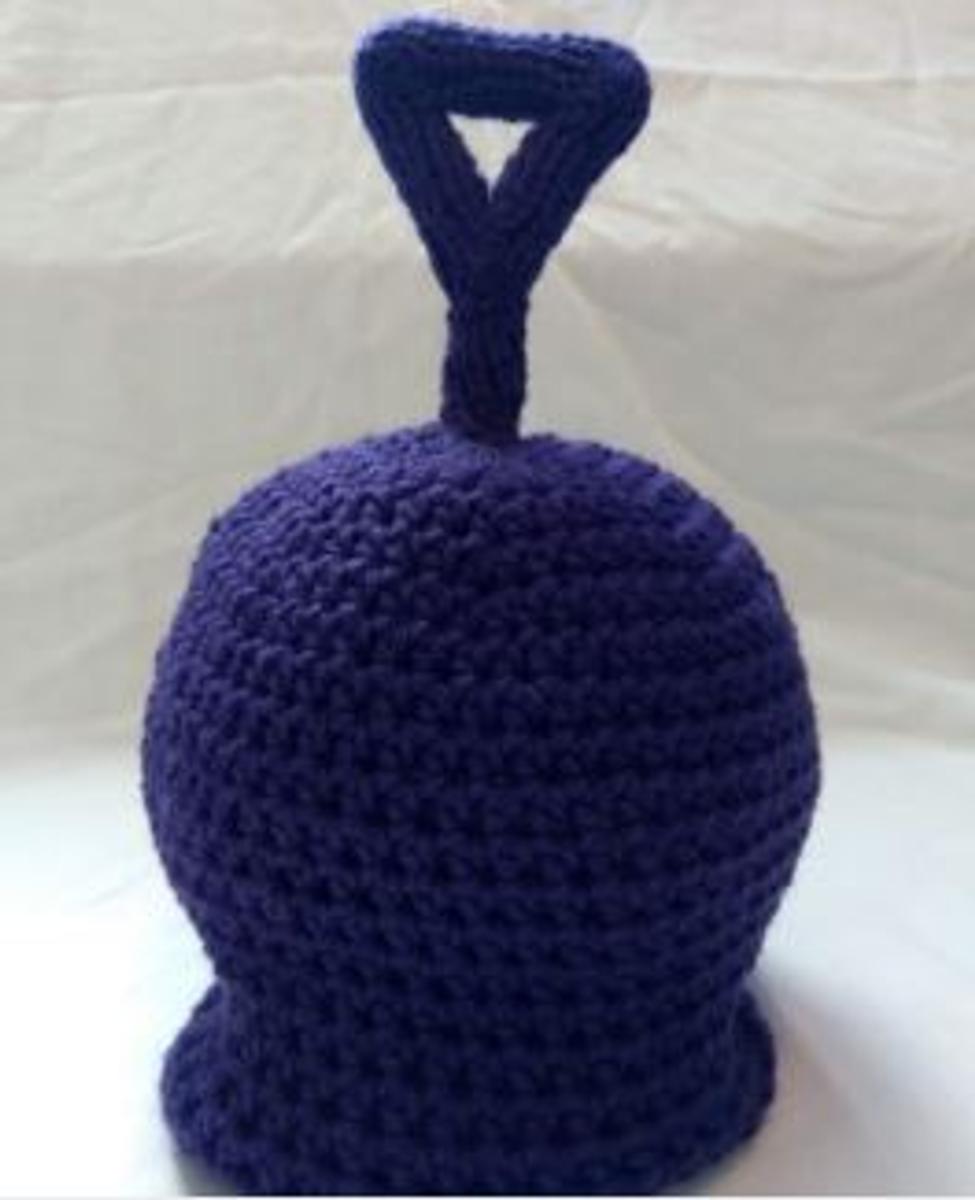A Tinky Winky Beanie Saved My (Study) Life
Term 4 is a relatively short term, so time will certainly fly for our Year 7-10 students amidst examinations and end of year assessment. With this in mind, it is timely to consider how the home space can be best utilised for study and revision.
I do not like to gild the lily with students. Studying is one of those activities in our lives, like ironing, mowing the lawn and emptying the dishwasher - at times it isn’t much fun and it can be a grind. Nevertheless, as Mr Fuller pointed out in his speech to Year 12 at their farewell presentation, there are simple pleasures to be gained from a job well done; a feeling of achievement to be gleaned from taking on the challenge of setting learning targets and seeing them achieved-or at the very least giving it our best shot! So, what can we do at home to maximise the time we do spend studying and revising?
- Turn phones off and remove them entirely from the study zone. The research around the distractibility of teenagers (and adults) is frightening. I’ve mentioned it elsewhere in this space. Suffice to say, the argument as to whether phones are a distraction is over-they are, so remove them entirely.
- Having a quiet space in which a child can focus is vital. Doing general study with instrumental music can be effective, however, memory-based study needs zero distraction. The scientific debate about multitasking is over as well-multitasking is proven to reduce your IQ by 10 points, and music platforms these days (Spotify, Apple Music…) are by their very nature distracting. I’m going to show my age and point out that at least my cassette tape player was on and just playing, not requiring me to constantly look at it, touch it, shuffle the song etc. Remove the distractions. There is only one thing worse than not having studied and that is having wasted your time by appearing to study whilst having made absolutely zero impact on what you now know or can do.
- Families are very much like a team. Encourage your child to let you know when they are studying so that you can help younger (and older) team members to let their sibling be-this is an important lesson for those younger brains too about all of the messages herein. They are observing big brother or sister (who they secretly or not so secretly worship by the way) and what they do. Help them to understand the habits that lead to success and at the same time help that young person studying by controlling the distractions over which the adults have control.
- Studying on your bed is a waste of time. So is the couch, lounge, recliner…. Our subconscious mind is pretty amazing and unsurprisingly our body assumes we are relaxing when we sit or lie in the places where we relax. Study is an active process, so the messages your body and mind are receiving are mixed. Use a clean desk and make it your learning zone. A well lit room (natural light is even better) can also make a serious difference.
- Short sharp sessions are best. No more than 40 minutes in one session, but beware of not returning to the desk once you’ve had that break to stretch, have a jog, feed the dog, thank your Mum and Dad for loving you etc.
So what on earth does that have to do with a Tinky Winky beanie? I was given the beanie as a joke when I returned to university. I lived in a small house with no dedicated space for me to study and I knew I was a procrastinator and easily distracted. I started to wear this when I was studying and it became a habit that I would not remove it until I was finished-hence, no wandering off to the shops (the rule was the beanie stays on, so no risk of going out in public) or wandering around the house even. It worked! Soon my mind became used to the idea that this ridiculous beanie was the catalyst for me to shift my mind and body into study mode. Mind over matter for the benefit of my mind. And, further proof that learning habits can be learnt… and bad habits unlearnt.
As always, if you would like to talk learning and your child please do not hesitate to be in touch. Anthony.Heffer@trac.nsw.edu.au
Anthony Heffer | Deputy Principal - Teaching, Learning and Innovation




